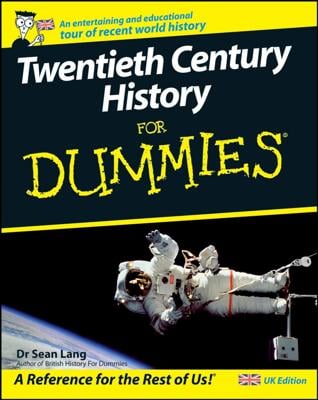Orchestrated by labor organizer A. Philip Randolph and unsung civil rights activist Bayard Rustin, the March on Washington was held in the nation’s capital on August 28, 1963. More than 250,000 people, with an estimated 50,000 whites among them, representing various organizations converged on the Lincoln Memorial to demonstrate for black equality. The March on Washington was the march of all marches; it further fueled the powerful civil right movement.
In addition to King, other participating civil rights leaders included the National Urban League’s Whitney Young, Jr., the NAACP’s Roy Wilkins, and CORE’s James Farmer. Entertainers such as gospel great Mahalia Jackson, Joan Baez, and Bob Dylan were present, as well as movie stars Sidney Poitier, Charlton Heston, and Marlon Brando.
Prior to the March, White House officials warned organizers that such a march could create a conservative backlash against the movement. Adjustments occurred, as the march’s site shifted from the White House to the Lincoln Memorial. Organizers also agreed to censor militant speakers.
Freedom Rider and SNCC Chairman John Lewis’s speech sparked controversy for its militant message. Lewis voiced his and others’ frustration with waiting on the government for hundreds of years for freedom, as well as his pronouncement that black people would no longer wait. He also noted that both the Democrats and Republicans had betrayed the Declaration of Independence. Considered one of the great moments of the 20th century, King’s address dispelled any potential for trouble.
In his famous “I have a dream” speech, King gave voice to hope: “I have a dream that one day this nation will rise up and live out the true meaning of its creed: ‘We hold these truths to be self-evident: that all men are created equal.’ . . .” As he continued, the crowd’s “amens” grew louder. King’s dream that his “four children will one day live in a nation where they will not be judged by the color of their skin but by the content of their character” moved whites as well as blacks.
Some of King’s skeptics even acknowledged the power of his vision. King’s “I have a dream” speech expanded the focus from black equality to an American society inclusive of all. Those words resonated even more with President Kennedy, who had been lukewarm about the gathering. Afterward, he invited key march organizers to the White House.

